
International Conference
Humanities Education disrupted and transformed: experiences and strategies
June 26–28, 2023
European Humanities University, Savičiaus g. 17, Auditorium 110
Conference Concept
The aim of the conference is to problematize the essence of humanities education in times of critical disruptions and social transformations. The concept of human being as a "benefit provider" and its education as "training a specialist" not only did not fulfill the hopes of creating a humane society, but even became a fundamental factor of its spiritual crisis. Does the European tradition have the internal resources to solve this issue and this crisis? Shouldn't this tradition itself be reborn and transformed? How?
The problem takes on a specific aspect when observing the geopolitical changes that have taken place in Europe in recent decades. Young people are at the forefront of these complex processes. At the time when the societies of Western Europe fell into a crisis of thinking, the countries of Eastern Europe, characterized by an unwanted Soviet mentality, sought to join them in a common political and cultural space. The issue of mentality transformation and of humanities education becomes the key to the future of Europe.
The history of Europe in the 20th century testifies to how closely education is related to the spiritual state of society and how dangerous this state can develop without finding a proper way to nurture humanity. In 1909, Wilhelm Windelband warned German society that the failure of its educational system to assimilate the sources of the classical European tradition would lead to a social catastrophe. Similar warnings echoed in Germany in 1931. In the introduction of the English version of Ortega y Gasset’s book The Mission of the University (1946), an argument is being put forward that proper humanities education is capable of neutralizing the danger of the Third World War. Also Hannah Arendt analysed the dramatic consequences of the crisis in education, referring to Kafka’s texts and thus highlighting the aspect of absurdity that plagues our education system more and more intensely, E. Voegelin describing this situation as “the eclipse of reality”.
Conference participants are invited to present their reflections on education in the times of multiple disruptions and rapid societal transformations. How should the educational paradigm change to address the many crises (societal, political, economic, national)? How can universities increase accessibility to higher education based on Western values to counter autocratic and totalitarian trends? How should universities navigate the space between challenges of digitization and AI, and remain adequate and relevant for society? What strategies are most appropriate in providing education to the youth of Eastern and Central Europe? Which teaching and learning methodologies can create innovative pathways for engaged citizenship adequately responding to the current disruptions and crises?
Missed the Conference?
Recordings are now available!
Conference program
Times listed below are Vilnius time
– Krzysztof Rybiński, Rector of European Humanities University
– Peter Kaufman, Chargé d’Affaires at the U.S. Embassy in Minsk
Session I – Leading Universities into 21st century
Moderator: Victor Martinovich
10.10–10.30 — Prof. Dr. Krzysztof Rybiński (Rector, EHU) — “Humanities education in the age of AI”
10.30–10.50 — Prof. Dr. Anatoli Mikhailov (Founder of EHU, Department of Humanities and Arts, EHU) — “Humanities education as a challenge”
10.50–11.10 — Dr. Liudmila Ulyashyna (Department of Social Sciences, EHU) — “From legal limbo to academic freedom: the genesis and perspectives of the European Humanities University in exile”
11.10–11.30 — Prof. Dr. J.D. Mininger (Provost, American University in Bulgaria) — “The OSUN committee proposal for a PhD in humanities and society”
11.30 — Q&A
Moderator: Liudmila Ulyashyna
14.30–14.50 — Prof. Dr. Jeffrey Andrew Barash (Professor Emeritus, Department of Philosophy, University of Picardie) — “University, universality, globalization: reflections on the purpose of the university in the contemporary era” (online via Zoom link)
14.50–15.10 — Prof. Dr. Isak Frumin (Head of Observatory on Innovation in Higher Education, Constructor University Bremen) — “Legacy of socialist model of education: role of humanities”
15.10–15.30 — Prof. Dr. Povilas Aleksandravičius (Department of Humanities and Arts, EHU) — “Thinking as a spiritual practice: a way of humanities education in the age of technology?”
15.30–15.50 — Dr. Stephen Lewarne Webber (Consultant on higher education to the Delegation of the European Union to Belarus) — “Practical challenges facing reform processes in the education sectors of the former Soviet Union region”
15.50–16.10 — PhD candidate André Geske (Strasbourg University) — “The crisis of our age: how the new technologies impact the intellectual developments of our Western societies”
16.10 — Q&A
Moderator: Stephen Lewarne Webber
(Panel will be conducted in Russian language)
10.00–10.20 — Dr. Dmitry Samal (EPAM School of Digital Engineering) — “Modern challenges for education in the field of information technology”
10.20–10.40 — Dzmitry Kruk (Senior Researcher, BEROC) — “Economics and business in a modern humanities university”
10.40–11.00 — Dr. Victor Martinovich (Department of Humanities and Arts, EHU) — “Pieter Bruegel as my co-lecturer in Humanities”
11.00–11.20 — Dr. Aliaksei Makhnach (Department of Humanities and Arts, EHU) — “Transformation perspectives in humanities education”
11.20 — Q&A
Session IV – “Education connecting academia and civic society: Civically Engaged Teaching and Learning
Moderator: Natalia Mikhailova
14.30–14.50 — Andras Martoni (Science Shop manager, Central European University, Vienna) — “Institutionalizing engaged teaching: the Science Shop model”
14.50–15.10 — Gio Kobakhidze (Technical Lead on Civic Education, Deputy Country Director for IFES Ukraine) and Valeriia Hudz (Board Member at “YOuth Democratic Association”, analyst at Sociedade Portuguesa de Inovação) — “Combatting Soviet legacies of education through civic education”
15.10–15.30 — Dr. Mariia Kolokolova (Co-founder of “Civic Educators’ Association”, IFES Ukraine civic education expert, trainer, co-author of IFES Ukraine’s vocational college level civic education course) — “Civic education in times of war”
15.30 — Q&A
Moderators: Andrei Hernovich (Department of Humanities and Arts, EHU) and Natalia Mikhailova (Lecturer and Science Shop coordinator, EHU)
(Panel will be conducted in Russian and Belarusian)
15.00–15.30 — Dr. Oksana Zaporozhets (Georg Simmel Center for Metropolitan Studies, Humboldt University Berlin, Germany) and Dr. Ekaterina Lapina-Kratasyuk (Department of Modern Languages, Literature, History, Philosophy and Law Studies, Tuscia University, Italy) — “Teaching “Digital Cities” through Multi-platform Tools”
15.30–16.00 — PhD Natalia Rzhevskaya (WG3 Artificial intelligence project, WomenTech Global Ambassador) — “Anticipating current trends in distance learning. Marketing educational solutions”
16.00–16.30 — PhD Hanna Navumenka — “Modern development and audit of online courses: UWB experience”
16.30 — Q&A
Featured speakers

Prof. Krzysztof Rybiński
EHU Rector
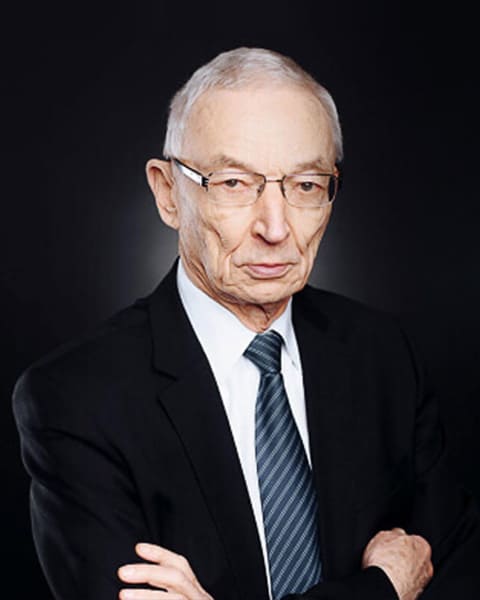
Prof. Anatoli Mikhailov
Founder of EHU

Peter Kaufman
Chargé d’Affaires at the U.S. Embassy in Minsk

Dr. Liudmila Ulyashyna
Chair of the Senate of EHU

Prof. Dr. Povilas Aleksandravičius
Department of Humanities and Arts, EHU

Prof. Dr. Jeffrey Andrew Barash
Professor Emeritus, Department of Philosophy, University of Picardie
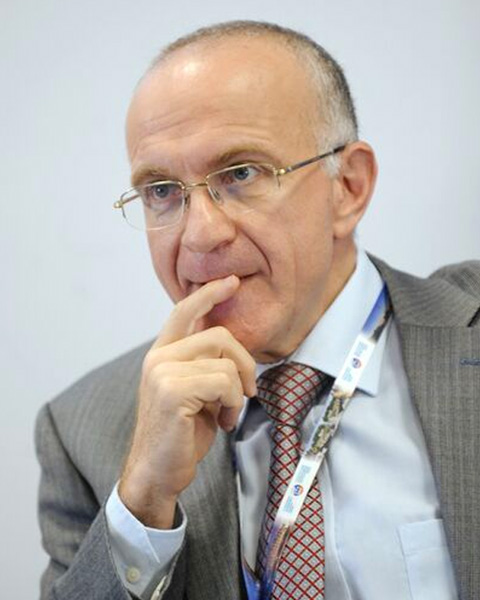
Prof. Dr. Isak Frumin
Head of Observatory on Innovation in Higher Education, Constructor University Bremen

PhD candidate André Geske
Strasbourg University

Valeriia Hudz
Board Member at “YOuth Democratic Association”, analyst at Sociedade Portuguesa de Inovação
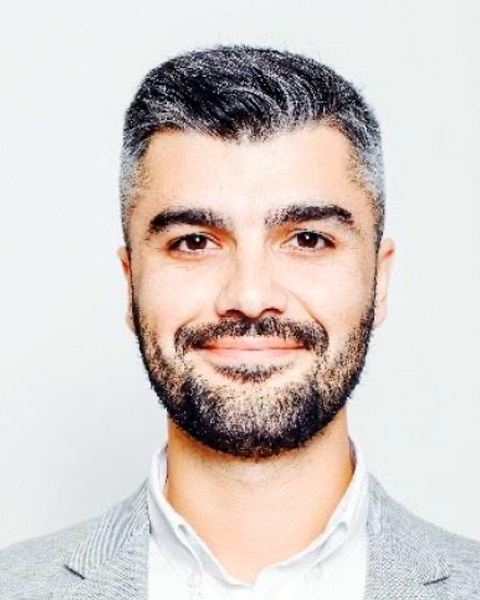
Gio Kobakhidze
Technical Lead on Civic Education, Deputy Country Director for IFES Ukraine
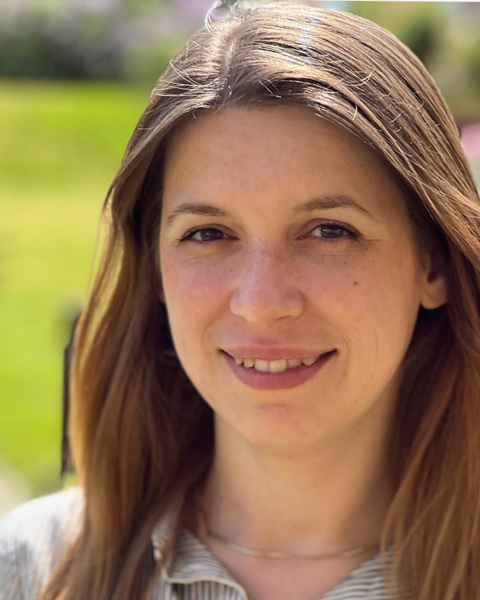
Dr. Mariia Kolokolova
Co-founder of “Civic Educators’ Association”, IFES Ukraine civic education expert, trainer, co-author of IFES Ukraine’s vocational college level civic education course

Phd. Dzmitry Kruk
Senior Researcher, BEROC

Dr. Ekaterina Lapina-Kratasyuk
Department of Modern Languages, Literature, History, Philosophy and Law Studies, Tuscia University, Italy
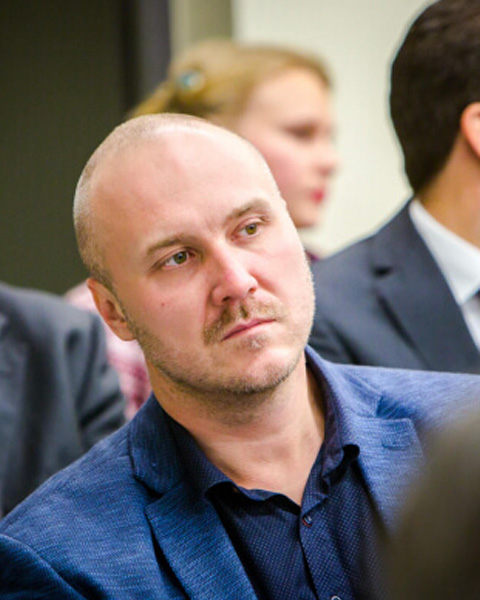
Dr. Aliaksei Makhnach
Department of Humanities and Arts, EHU
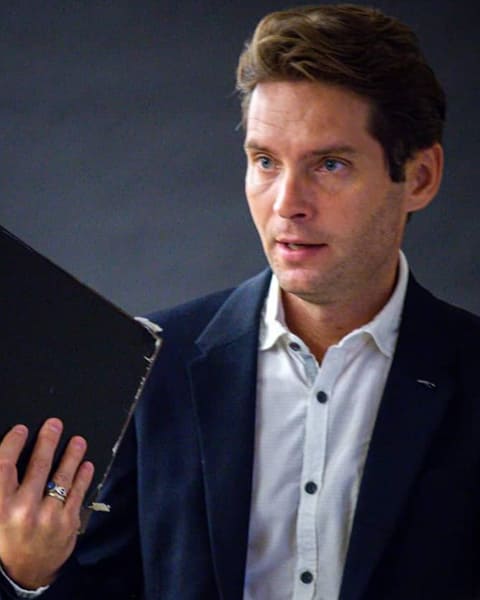
Victor Martinovich
Department of Humanities and Arts, EHU

Andras Martoni
Science Shop manager, Central European University, Vienna

Prof. Dr. J.D. Mininger
Provost, American University in Bulgaria

PhD. Hanna Navumenka
UWB Instructional design
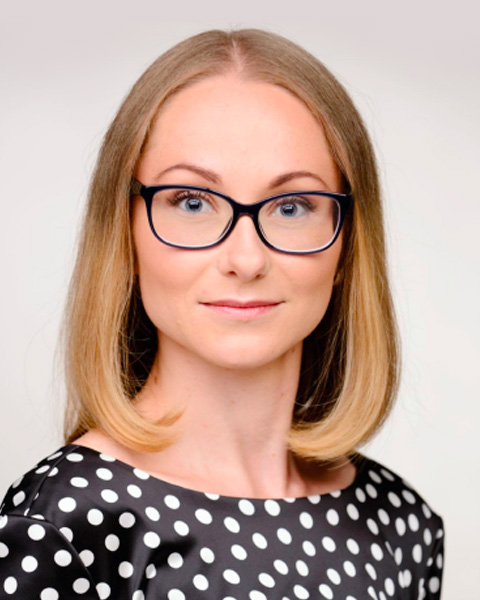
PhD. Natalia Rzhevskaya
WG3 Artificial intelligence project, WomenTech Global Ambassador
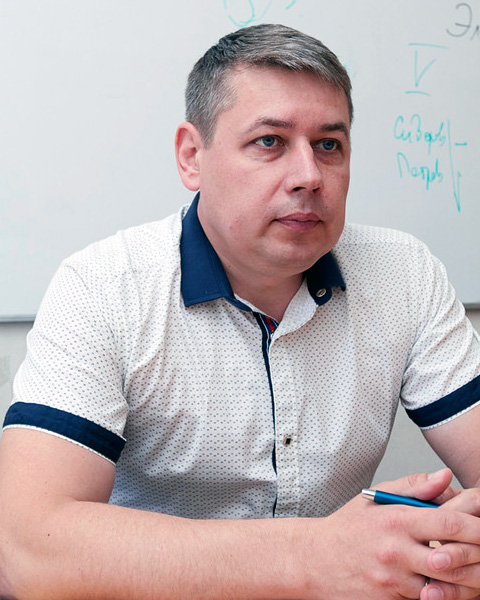
Dr. Dmitry Samal
EPAM School of Digital Engineering

Dr. Stephen Lewarne Webber
Consultant on higher education to the Delegation of the European Union to Belarus
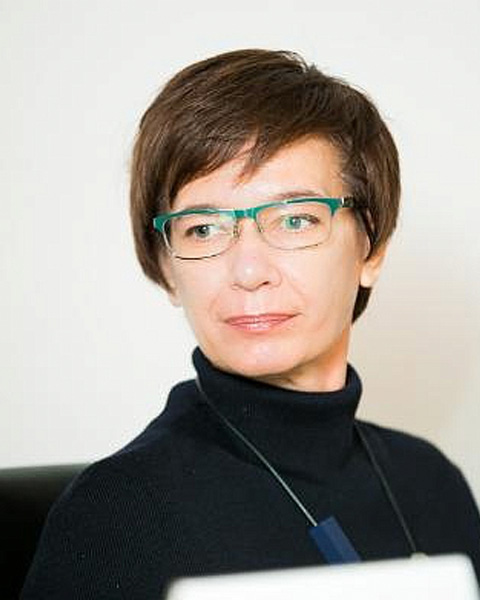
Dr. Oksana Zaporozhets
Georg Simmel Center for Metropolitan Studies, Humboldt University Berlin, Germany